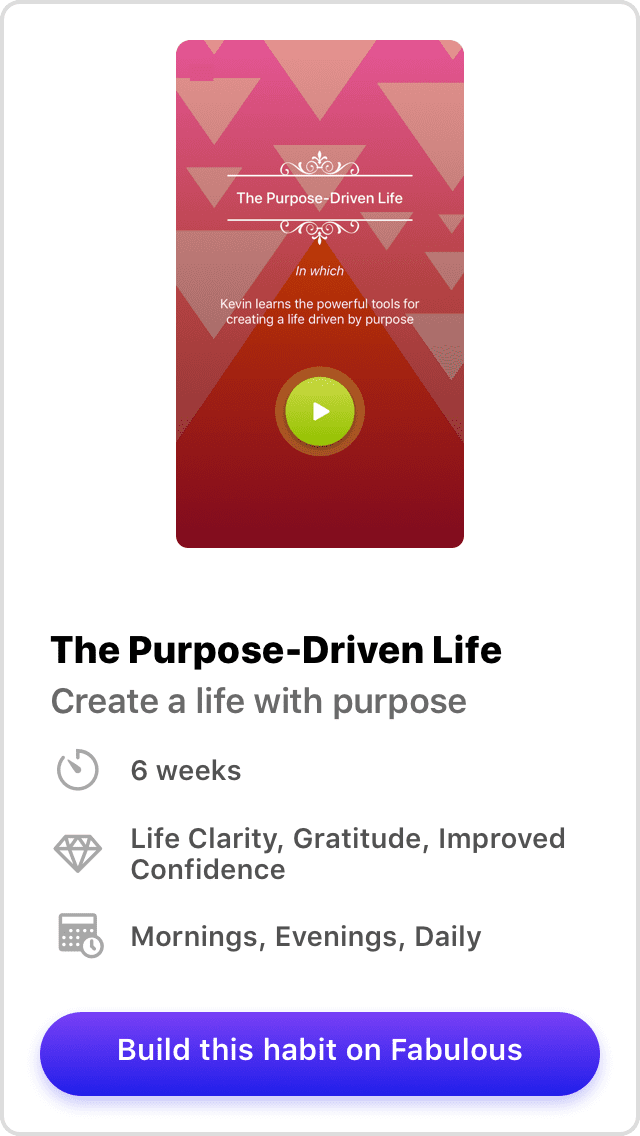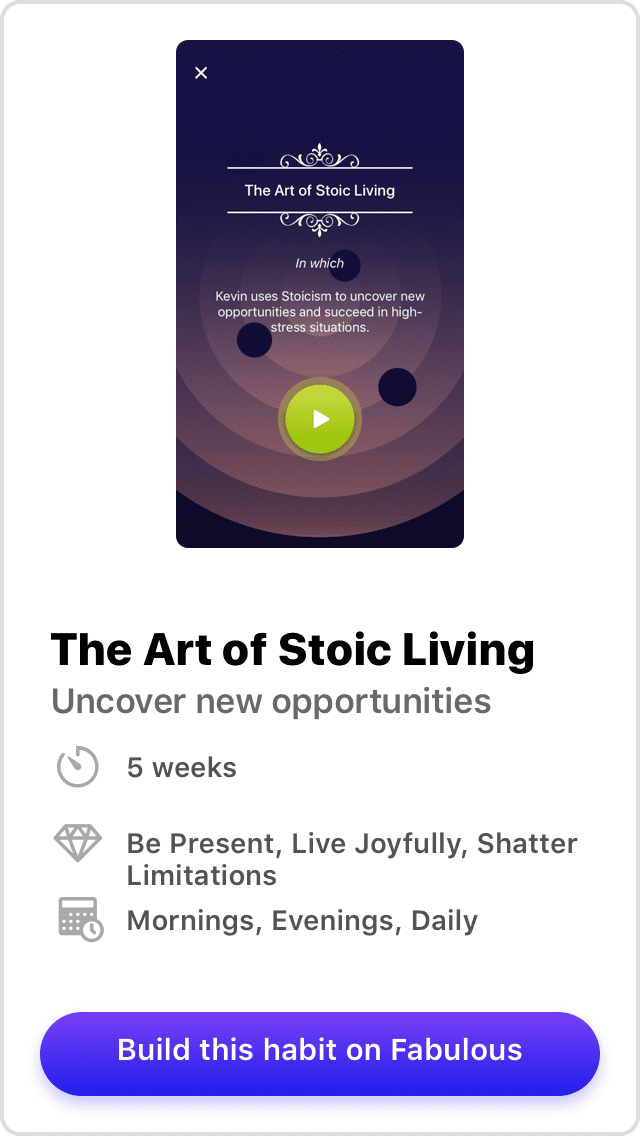Viktor Frankl was a world-renowned psychiatrist and neuroscientist. He was also a Holocaust survivor, having suffered through four different Nazi concentration camps. During those unfathomably dark years, Frankl learned that finding meaning in one’s life is humanity’s deepest desire. He also learned that it’s possible to find meaning in life anywhere, even in the darkest of places. Upon being freed from Türkheim, he would dedicate the rest of his life to teaching others what he learned, all of which he documents in his memoir, Man’s Search for Meaning.
Frankl discovered that people depend on having a purpose in life. People need to feel like their lives have meaning, even if all they’ve ever known is pain and suffering. He also learned that your life’s meaning is highly personal; what gives one person purpose might be meaningless to someone else. While in the concentration camps, thoughts of his family kept Frankl going. Not even the Nazis could take away from him the love he had for them or the meaning they gave his life.
This search for personal meaning and the empowering effect of purpose is what Frankl named logotherapy, and it’s considered the third school of Viennese therapy after Sigmund Freud’s psychoanalysis and Alfred Adler’s individual psychology.
Tip: Searching for your own life’s purpose? Try Fabulous’s Unlock the Fierce Power of your Purpose exercise, located in the “Get Inspired” section of Make Me Fabulous.
What is Logotherapy?
Logotherapy is a type of therapy that focuses on the patient finding their meaning in life. According to Frankl, meaning is highly personal, subjective, and likely to change over time. As a young person, the meaning of life to you was probably to make friends and get good grades in school. As you got older, your life’s meaning may have shifted toward having a successful career or being a good parent (or both!).
While in the Nazi death camps, Frankl and others held captive struggled to find meaning in their anguish. However, Frankl also knew that finding meaning in suffering could ease its ache. It might not have been possible for him to control his circumstances, but he could control how he responded to them.
Frankl believed that meaning in life can be discovered in three possible ways:
- By creating a work or doing a deed. There is endless fulfillment to be found in doing or making things that bring you joy.
- By experiencing something or encountering someone. Our relationships and experiences are valuable to us.
- By your attitude toward unavoidable suffering. According to Frankl, turning our tragedies into triumphs is the most important part of finding meaning in life.
Did you know that Frankl’s logotherapy has a lot in common with the Stoic philosophy of ancient Greece? Both share the belief that we should focus on what we can control rather than what we can’t.
Interested in knowing more about Stoicism? Read our blog post about it here, or check out the Fabulous journey The Art of Stoic Living, available for free in the app.
Finding Meaning in Everyday Life
Frankl realized during his time in those concentration camps that meaning exists everywhere; people need only search for it. Here are some ways to discover personal meaning in your life.
Create something.
People have a natural drive to create. The act of creation can increase your sense of purpose, too. Whether you take up watercolor painting or build artisanal birdhouses, the satisfaction that comes with a finished project can make us feel great.
Find purpose in suffering.
It can be hard to think there’s a point to suffering but we have the power to find meaning within our pain. If, for example, someone you know is going through a difficult time, your purpose could be to support them. Your purpose in the wake of a devastating medical diagnosis could be to raise awareness of your illness to others.
Accept that life is unfair.
As much as we want life to be fair, it simply isn’t. There is no one keeping score and sometimes you’ll be dealt a bad hand. However, there is always meaning to be found, even in the worst situations. Going through a hard time now will make you stronger and wiser down the road.
Remember your freedom.
Frankl writes that everything can be taken from you but one thing: Your ability to choose your attitudes and your actions. According to psychiatrist and Cognitive Behavioral Therapy (CBT) expert Dr. David Burns, your thoughts are what control your feelings. No one can force you to feel a certain way or believe in something. Frankl could not control what the Nazis did to him but he could control his despair by thinking of his family and doing whatever it took to survive for their sake.
Develop relationships.
We are a naturally social species and we thrive on meaningful connections. Forming and strengthening social bonds makes us both happier and stronger. Why not start with the Fabulous Group Exercise challenge?
Focus on others.
If you’re feeling stuck in a situation, expand your perspective to other people. Focusing on other people’s problems can often help you solve your own, or at least give you space to breathe while planning your next move.
Accept the worst.
Captives in concentration camps had to do whatever they could to survive, even if it meant stealing clothes from a dead body to stay warm. They managed to shield themselves from the terror around them by accepting the very real possibility that they could die at any moment. Being able to accept the worst-case scenario opens up your ability to take actionable steps to mitigate whatever consequences you might suffer. Once you do that, your anxiety about the worst-case scenario–which is usually based on a fear of the unknown–evaporates.
The Takeaway
Frankl endured the unspeakable to come to the conclusions he writes about in Man’s Search for Meaning. If there is one lesson to take away from his book, it’s that the meaning of life is different for each person and can change during each stage of life. Life isn’t about achieving what society expects of you; it’s about finding what ignites your personal, individual sense of purpose, and keeps that flame burning all through your life.






